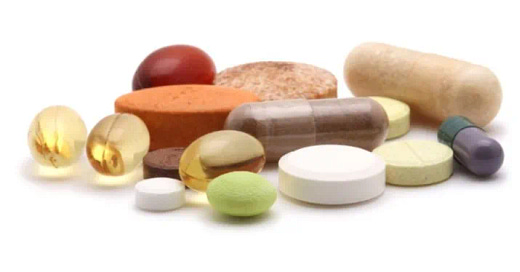In this article you will learn:
What the positive research says about B vitamins
What the negative research says about B vitamins
How to interpret all of this information
Where to find quality B vitamin products and why
Lazy reader’s section:
B vitamins are essential nutrients that provide your body with the building blocks for growth. Because cancer cells also need B vitamins to grow, in some situations it may be warranted to do further research and monitor your levels closely. It depends on the type of cancer, and also it seems that having high-risk behaviors (like smoking or drinking excessively) while combined with high intake of B vitamins may increase the likelihood. Taking the right forms of vitamins is also always important, because if your genes can’t process the nutrients they may accumulate.
My three top picks in this area are: Methyl B (a B complex supplement), Sublingual B12 (a bioavailable B12 liquid) and P5P (a bioavailable form of B6).
The Details:
Some recent research about B vitamins has emerged that warrants discussion as you supplement, test and work to align your body with a complete nutrition program. This body of research concerns the specific vitamins B6, B9 and B12 and their potential impact on DNA methylation and cancer.
The general idea is that high circulating levels of these vitamins may contribute to an increased likelihood of cancer, since they are implicated in energy production and other important growth pathways. Because you can achieve these levels with supplementation, some research has come out that is pretty scary and confusing about how to go about when using these vitamins.
Keep reading with a 7-day free trial
Subscribe to The Dance of Life Podcast with Tudor Alexander to keep reading this post and get 7 days of free access to the full post archives.






